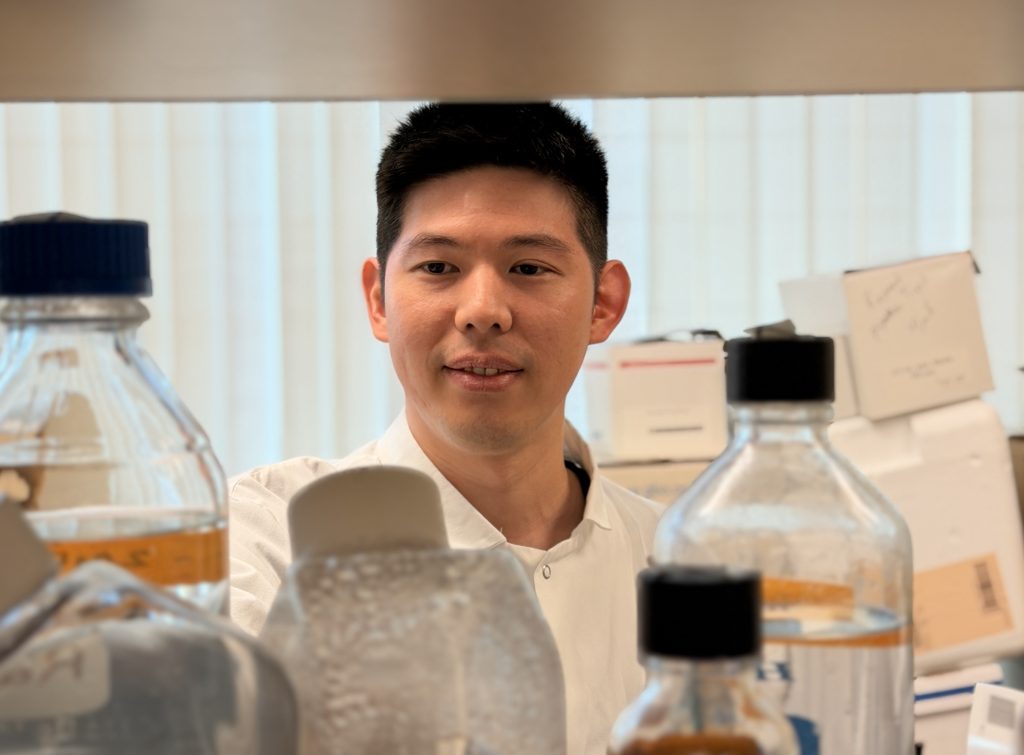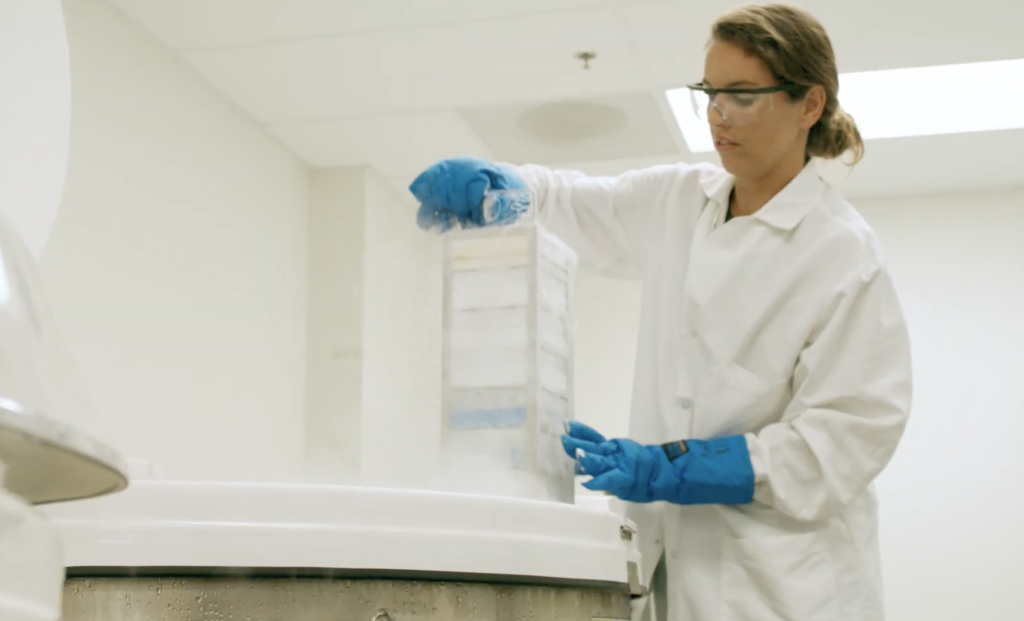LA JOLLA, CA—A. Preethi Ganesan, M.D., Ph.D., a physician in the Division of Pediatric Hematology and Oncology at Rady’s Children’s Hospital, UC San Diego Health, and Jennifer Dan, M.D., Ph.D., an infectious disease physician at UC San Diego Health, have been appointed Clinical Associates at La Jolla Institute for Immunology.
Created three years ago, LJI’s Clinical Associates Program emerged from the recognition that the clinic is an extension of the lab. The program’s goal is to bridge bench and bedside cultures by embedding physicians who will stay in practice into LJI labs to conduct immunology-related research alongside mechanistic scientists to speed up the development of new treatments.
Practically, the program provides Clinical Associates with LJI lab space, greater opportunities to apply for grants, and daily conversations with the kinds of scientists they might not normally spend much time with.
Dr. Anusha-Preethi Ganesan
Dr. Ganesan is affiliated with the lab of LJI Associate Professor Pandurangan Vijayanand, M.D., Ph.D., where she studies the dynamic interaction between the tumor and the immune-microenvironment to understand the mechanistic basis of robust anti-tumor immune responses. In collaboration with Dr. Vijayanand’s team, Dr. Ganesan evaluated the molecular profile of tumor-infiltrating lymphocytes isolated from patients with cancer and discovered that a distinct subset of T cells predict improved patient survival.
“As a physician scientist, I hope that what we learn in the lab will inform the design of better cancer immunotherapies for patients in the clinic. And the outstanding scientific collaboration/partnership here at LJI enables you to do just that says Dr. Ganesan.
Dr. Ganesan received her medical degree from Madras Medical College in Chennai, India, and completed her pediatric residency and doctoral program in tumor immunology at the Royal College of Pediatrics and Child Health in London, UK and University of California, San Francisco. Among her honors and accomplishments, she received the Ray Owen Award for Outstanding Postdoctoral Scholar in 2017, a Hyundai Hope on Wheels Young Investigator award in 2018 and a Berkeley Fellowship, awarded by University College London and Gonville & Caius College Cambridge, in 2013. She was recently awarded an NIH K08 to fund her research.
Dr. Jennifer M. Dan
Dr. Dan’s research, which she conducts in the laboratory of LJI Professor Shane Crotty, Ph.D., focuses on germinal center responses, important in generating a protective immune response to invading pathogens. Earlier this year, she published a pioneering study that dissected the immunological and genetics factors that explain why some children are more susceptible to strep throat than others. She is also working to develop methods for detecting antigen-specific responses in immunocompromised populations. She was awarded an NIH K08 to fund her research in May 2018.
“LJI provides a great collaborative environment to conduct medically important research,” says Dr. Dan. “I use patients’ samples to test hypotheses with the goal of applying these results to the bedside says.”
Dr. Dan received her medical and doctoral degree from Boston University School of Medicine in 2010 as part of the combined medical scientist training program. She completed her internal medicine residency in 2012, as part of the physician scientist training program at UC San Diego. After her first year of infectious disease fellowship, she joined the laboratory of Dr. Shane Crotty in July 2013. She is a clinical instructor/associate physician in the Division of Infectious Disease and Global Public Health and attends on the solid organ transplant and hematology/oncology infectious disease services at UC San Diego Health.


